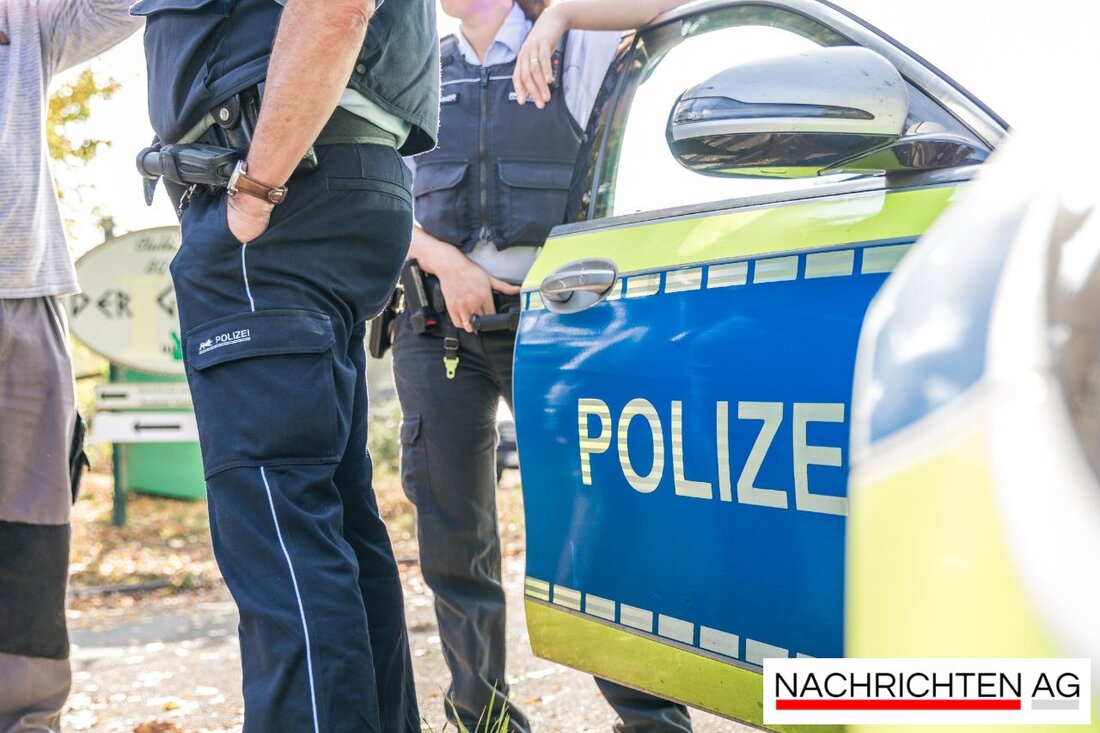Mobile speed cameras in Horstmar: There is a risk of high fines today!
On September 1st, 2025, a mobile radar control will be carried out on Preußenstrasse in Lünen. Speeding can be expensive.

Mobile speed cameras in Horstmar: There is a risk of high fines today!
Hardly anyone can completely get rid of the feeling of rushing when driving, but that can have bad consequences. Today, September 1, 2025, the mobile radar is in use in Lünen. Specifically, controls are carried out on Preußenstrasse in Horstmar, where the speed limit is a moderate 30 km/h. Launched at 4:33 p.m., speed camera activities are a useful tool for speed monitoring in traffic. Speeding violations result in expensive fines that can quickly add up [News.de].
The measuring points can change over the course of the day. This shows once again that speed monitoring not only ensures order, but also serves the safety of all road users. In Germany, the federal states regulate differently how and where these controls are carried out. In most cases, the police and regulatory authorities are the main actors in this regard, while, for example, regulatory authorities concentrate on built-up areas and the police are responsible for monitoring country roads, as Wikipedia explains.
The technology behind lightning
Overall, various technologies are used in speed controls. Above all, the radar, which works via the Doppler effect and triggers a photo if the maximum permissible speed is exceeded. Alternatives such as light barriers or laser measuring devices are also playing an increasingly important role. If you look at the different measuring methods, as described by Bussgeldkatalog.org, it remains to be seen that mobile speed monitoring is a flexible means of promptly recording and punishing exceedances.
This form of control is particularly valued in heavily frequented places, such as schools or main roads. But what actually happens when you drive too fast? The penalties vary significantly, with a fine of 50 euros being payable if you exceed the speed limit by 11 to 15 km/h in urban areas. The fines increase quickly if you don't have your speed under control and can reach up to 800 euros and a driving ban of several months.
Punishment or security?
The debate about speed enforcement is often sparked by the tension between traffic safety and the economic aspect. Critics believe that speed checks are often carried out not only for safety reasons, but above all to generate income from fines. It is important to emphasize that targeted controls not only promote compliance with traffic rules, but also prevent accidents and associated injuries.
Another sticking point is the issue of tolerances in measurements. In Germany this is 3 km/h for speeds below 100 km/h and 3 percent for higher speeds. This gives the inexperienced a certain amount of leeway, but attention while driving remains essential, because ultimately the driver is responsible for compliance with traffic rules.
With all this information in mind, every driver should carefully consider how fast they are actually traveling. In the end, it's not just speed that counts, but also the safety of all road users!

 Suche
Suche